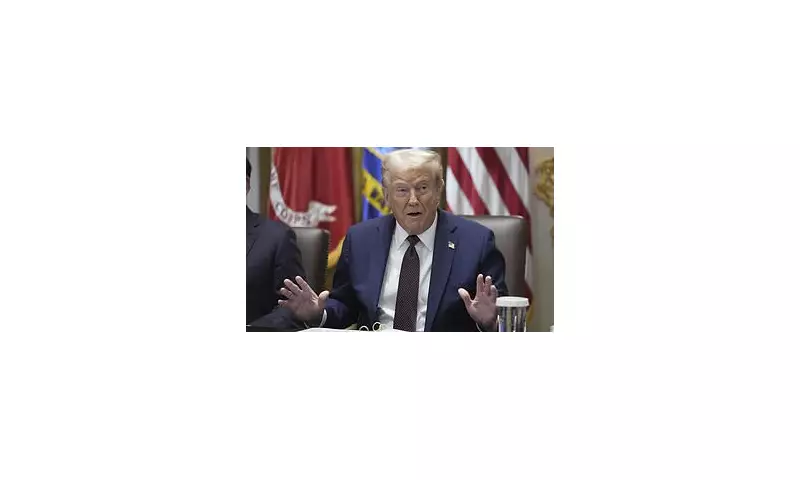
In a landmark decision with far-reaching implications for presidential power and international trade, a US federal appeals court has declared former President Donald Trump's flagship tariffs on steel and aluminium unconstitutional.
The ruling from the Court of Appeals for the Federal Circuit represents a seismic judicial rebuke of Trump's aggressive trade policy, potentially opening the door for billions in refund claims from affected companies.
Constitutional Overreach
The three-judge panel determined that the Trump administration overstepped its constitutional authority when imposing these controversial tariffs under Section 232 of the Trade Expansion Act of 1962. The court found that the law unconstitutionally delegated legislative power to the executive branch without adequate guidelines.
This ruling challenges the very foundation of how presidents have justified trade actions for decades, potentially setting a precedent that could limit future administrations' ability to implement similar measures.
The Legal Battle
The case was brought by a coalition of American businesses that had been forced to pay billions in tariffs on steel and aluminium imports. They argued successfully that the law used to justify the tariffs provided too much discretion to the president without clear congressional standards.
The court agreed, stating: "The statute provides no criteria by which the President should determine whether 'imports' threaten to impair national security... This lack of guidance renders the statute an unconstitutional delegation of legislative power."
Political and Economic Implications
This decision comes at a sensitive time in US trade policy, with the Biden administration maintaining several of Trump's trade measures while attempting to recalibrate America's approach to international commerce.
The ruling could:
- Force the refund of billions in tariff payments to affected companies
- Limit future presidents' ability to implement similar trade restrictions
- Prompt congressional action to rewrite trade laws with clearer guidelines
- Impact ongoing trade negotiations and relationships with allied nations
Legal experts suggest the case will likely be appealed to the Supreme Court, setting the stage for a definitive ruling on the scope of presidential trade powers.





